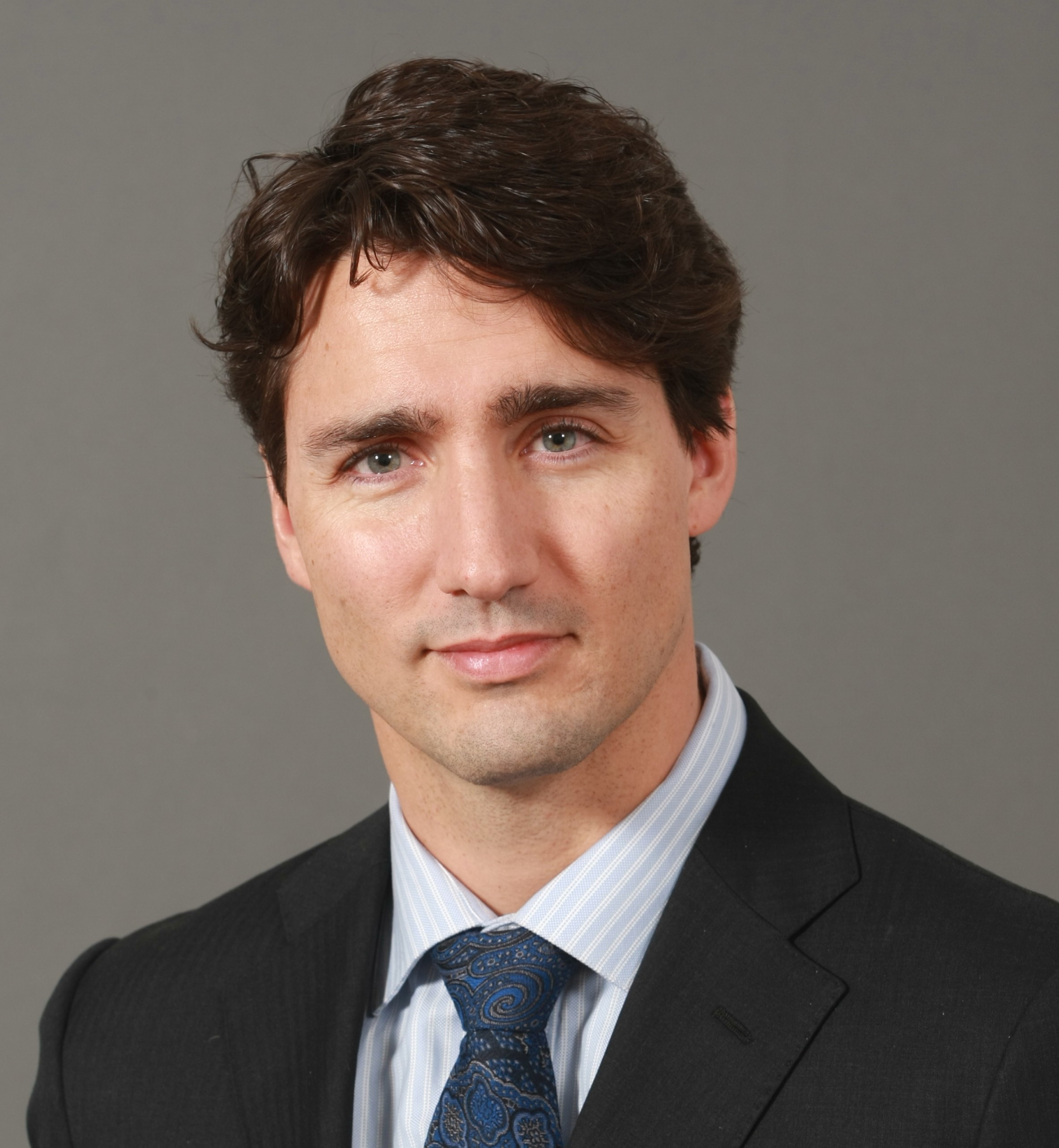Chip in to keep stories like these coming.
Balanced budgets have emerged as the key idea in these elections, with all three political parties having a say on how to spend federal dollars. This is surely not surprising, on the eve of Statistics Canada’s release of official numbers for June, expecting to end speculation on whether Canada is in recession. Of course it is. I predicted as much in February 2015, based on the fact that aggregate demand was simply too weak to support growth.
Keynesian economists use a specific model to explain the economy, and this model predicted well the slowdown and ultimate recession we are facing. Similarly, this approach advocates a credible alternative to much of the current rhetoric on deficits now being spewed in Canada.
I have written a previous column on Mr. Mulcair’s support for balanced budgets, and it is only fair that I comment now on the other political parties’ position on this important topic (although I have written very critical comments regarding the Conservatives’s position).
Amongst the three main political parties, Mr. Trudeau’s Liberals have shown to be the most pragmatic when it comes to promising policies that will contribute to a sustained recovery and economic growth. In essence, Mr. Trudeau has promised to deficit spend on infrastructure, although returning to balanced budgets by no later than 2019.
This is certainly the right, or rather the better, position in comparison to the other main political parties. In recessions, when firms are not investing as much, when households are not spending, you need a sector to step in and spend thereby sustaining aggregate demand. In turn, this creates jobs and wealth. Besides, we need to address our crumbling infrastructure. Mr. Mulcair and Mr. Harper both believe this is putting an unfair burden on future generations, but this is the wrong way of seeing things. Rather, investment in our infrastructure ensures future generations have the necessary means to build a stronger economy and society.
Yet Mr. Trudeau’s position feels a bit too contrived. Indeed, it was the Liberal Party under former Finance Minister-cum-Prime Minister Paul Martin that ushered in the Great Austerity Era and forced balanced budgets (and even surpluses) upon Canadians, at a great cost to the provinces and workers. Indeed, Mr. Martin once claimed that he would slay the past Progressive Conservative deficits “come hell or high water.” So it is ironic to see him being passed around these days supporting Mr. Trudeau’s deficit promises. All that gets “curioser and curioser”.
Moreover, Mr. Trudeau’s position has changed over the last few years — uh, I mean months. As recently as the Spring 2015, Mr. Trudeau was still demanding a balanced budget from Harper’s Conservative government.
It is difficult therefore to take Mr. Trudeau at his word. Who do we believe? Mr. Trudeau 2015 or Mr. Trudeau 2014? Or rather, Mr. Trudeau Fall 2015 or Mr. Trudeau Spring 2015? (ahhh what a difference a few seasons make!)
In this sense, Mr. Trudeau’s recent enthusiasm for deficits seems a bit forced at best, hypocritical at worse.
So it raises the question of how serious the Liberals are, or whether this is just another political promise like the (in)famous Red Book. Can we trust them? Should we trust them?
Moreover, Mr. Trudeau’s position in the end is not all that different that Mr. Mulcair’s and Mr. Harper’s. After all, Mr. Trudeau has not renounced balanced budgets (for instance, he has said nothing about repealing Harper’s law on balanced budgets), he simply said we should have them a few years later. So he is still committed to balancing the books, just not now. Call it Harper-light.
Of course, simply advocating deficits, though welcome, is not the only policy that we need to adopt in order to sustain growth into the future. I fear that if we don’t address, for instance, income inequality, we will doom our economies to perpetual cycles of booms and crises.
Chip in to keep stories like these coming.



